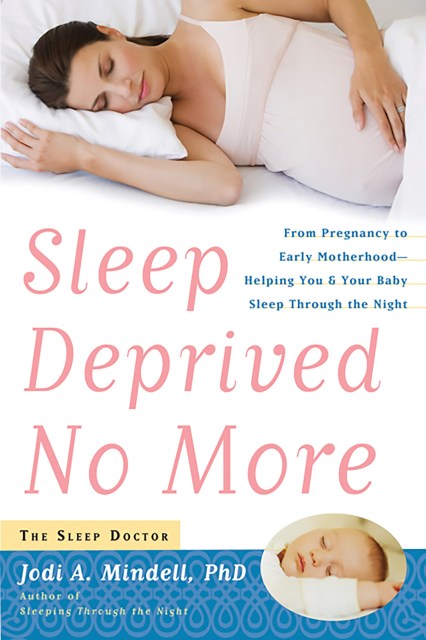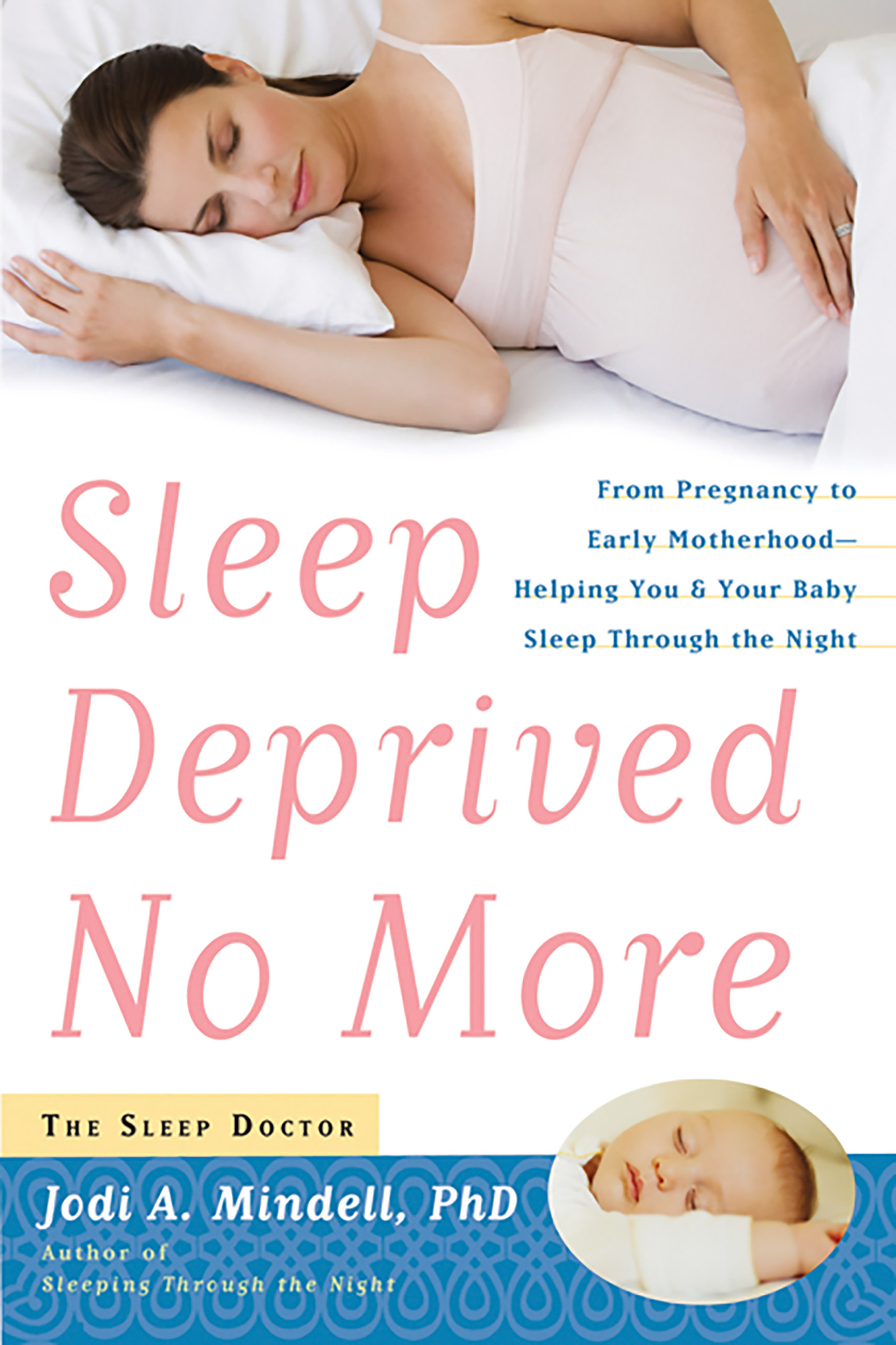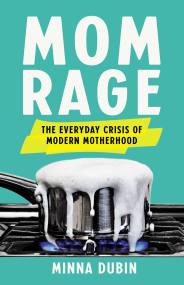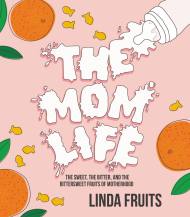About the Author
Jodi A. Mindell, PhD is Associate Director of the Sleep Center at the Children’s Hospital of Philadelphia. She is a professor of psychology at Saint Joseph’s University, and on the Board of Directors of the National Sleep Foundation. She is the author of
Sleeping Through the Night: How Infants, Toddlers, and Their Parents Can Get a Good Night’s Sleep and
Take Charge of Your Child’s Sleep: The All-in-One Resource for Solving Sleep Problems in Kids and Teens. Mindell lives with her family in Philadelphia, PA.
Dr. Mindell has acted as spokesperson for Johnson & Johnson and DuPont Sleep Products, and has worked with Walt Disney Records. Furthermore, she is on the Board of Advisers of Parents magazine and the Advisory Board of Johnson’s Baby, as well as a member of the Medical Advisory Board for BabyCenter.com.
Dr. Mindell is internationally recognized in her field for her expertise on pediatric sleep problems. She is vice-chair of the Board of Directors of the National Sleep Foundation, a foundation established to educate the public about sleep and sleep disorders, and has been on the Board of Directors of the Sleep Research Society. Dr. Mindell is the chair of the Pediatric Task Force of the National Sleep Foundation, and in collaboration with Johnson & Johnson, oversaw the development of the parenting brochure
Sleep, Your Baby and You that has been distributed to millions of parents. She also chaired the National Sleep Foundation’s Sleep in America 2004 poll which focused on sleep in children ages ten and under, as well as their parents/caregivers, and co-chaired the Sleep in America 2006 poll that targeted adolescent sleep.
She has appeared on dozens TV and radio shows discussing children’s and adolescents’ sleep issues, including the
Today Show, CBS This Morning, Good Morning America, CNN, and MSNBC., and is frequently quoted in a wide array of publications, such as
Parents, Child, Parenting, Good Housekeeping, Redbook, and
Newsweek magazines and the
New York Times, Washington Post, and the
Chicago Tribune.
Learn more about this author






